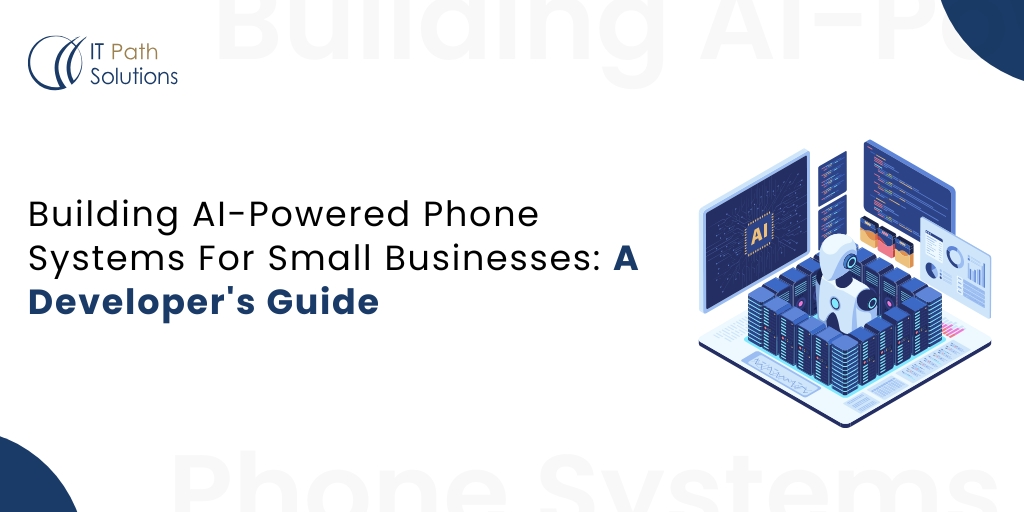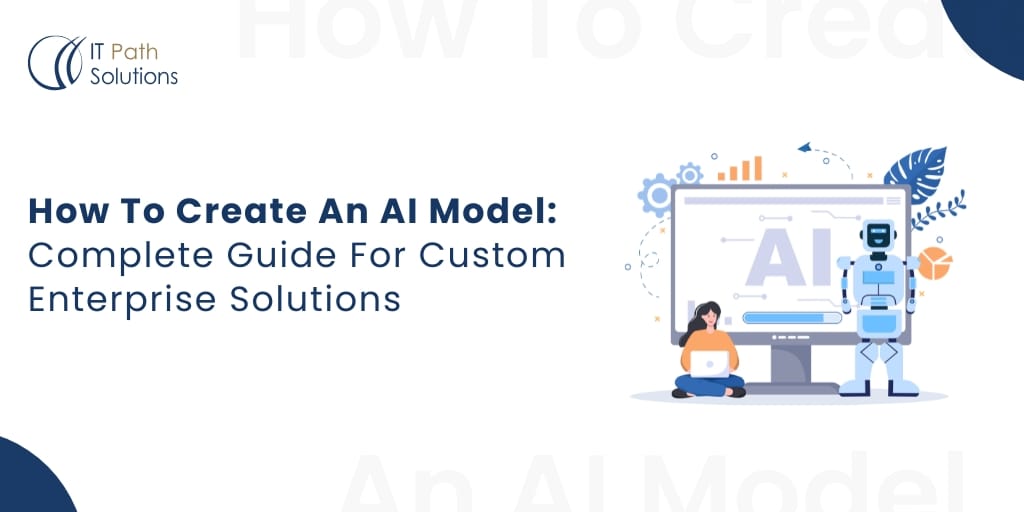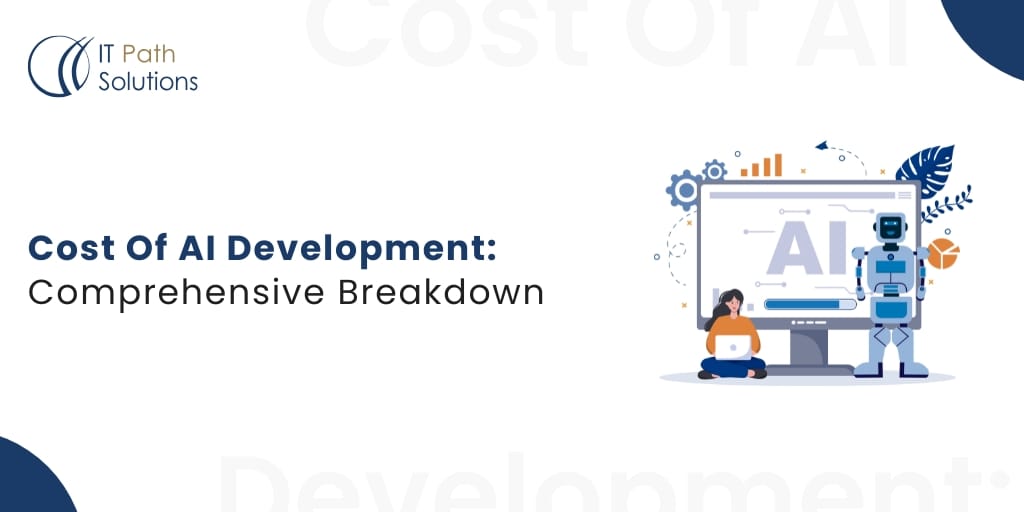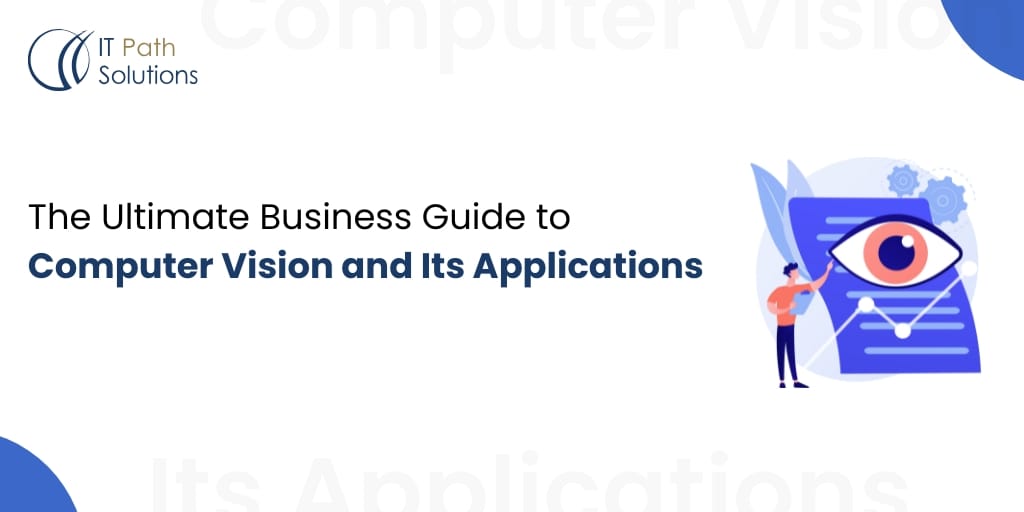Complete Guide to PHP Versions: When Should You Upgrade to the Latest Version?
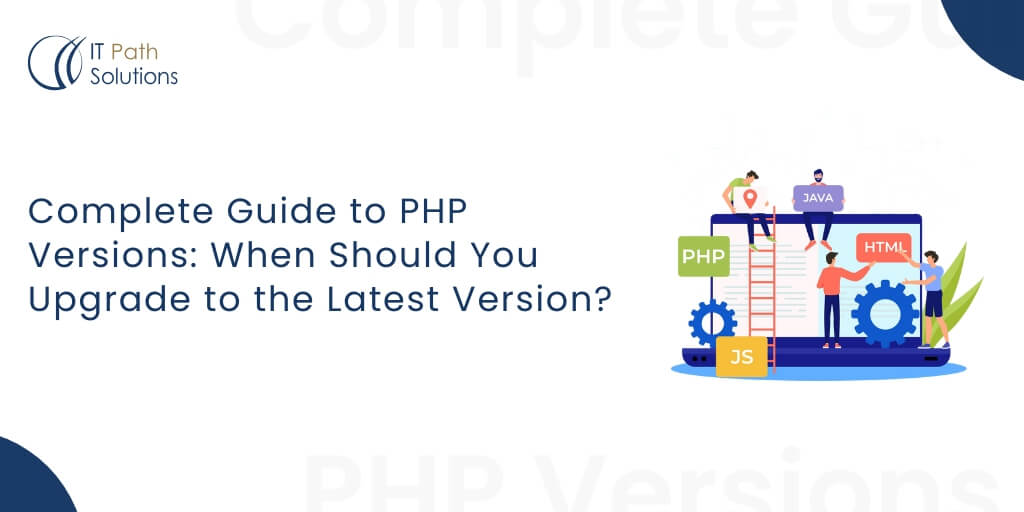
Running a website on outdated PHP versions is like driving a car without insurance. Everything seems fine until something goes wrong. With over 77% of websites using PHP, understanding PHP version support timelines isn’t just technical jargon; it’s critical for your business security, performance, and user experience.
Current PHP Versions and Support Status
As of 2025, understanding supported PHP versions is essential for every website owner. Here’s what you need to know:
Currently Supported PHP Versions:
- PHP 8.3 (Active Support until November 2025, Security Support until November 2026)
- PHP 8.2 (Active Support until December 2024, Security Support until December 2025)
- PHP 8.1 (Security Support only until November 2025)
What This Means:
- Active Support: Regular bug fixes, feature updates, and security patches
- Security Support: Only critical security fixes, no bug fixes or improvements
- End of Life (EOL): No updates at all your site is vulnerable
The PHP 7 End of Life Crisis
Here’s the alarming reality: PHP 7.4 reached end of life in November 2022, yet over 55% of WordPress sites still run on PHP 7.4 or lower. PHP 7 end of life means these versions receive zero security patches, leaving millions of websites exposed to known vulnerabilities.
PHP Versions No Longer Supported:
- PHP 5.6 – EOL since December 2018
- PHP 7.0 – EOL since December 2018
- PHP 7.1 – EOL since December 2019
- PHP 7.2 – EOL since November 2020
- PHP 7.3 – EOL since December 2021
- PHP 7.4 – EOL since November 2022
If your site runs on any of these versions, you’re operating on borrowed time.
How PHP Versions Impact Popular Frameworks
Your PHP version doesn’t just affect core functionality it determines which framework versions you can use. Here’s the compatibility breakdown:
| Framework | Minimum PHP Version | Recommended PHP Version |
| Laravel 11 | PHP 8.2 | PHP 8.3 |
| WordPress 6.4+ | PHP 7.4 | PHP 8.1+ |
| CodeIgniter 4 | PHP 7.4 | PHP 8.1+ |
| Magento 2.4.6+ | PHP 8.1 | PHP 8.2 |
| Drupal 10 | PHP 8.1 | PHP 8.2+ |
The Bottom Line: Modern framework versions simply won’t work on outdated PHP. If you’re planning to use the latest Laravel or WordPress features, upgrading PHP isn’t optionalit’s mandatory.
What to Do If Your Site Is on PHP 5.x, 6.x, or 7.x
Running on legacy PHP versions? Here’s your action plan:
Immediate Steps:
- Check Your Current Version: Log into your hosting control panel or ask your hosting provider
- Audit Your Dependencies: List all plugins, themes, and custom code
- Test Compatibility: Use a staging environment to test your site on PHP 8.1 or 8.2
- Create Backups: Full database and file backups before any changes
Reality Check:
Most website owners discover their site breaks when upgrading because:
- Legacy plugins no longer maintained
- Custom code written for PHP 5.x syntax
- Third-party integrations built on deprecated functions
- Theme frameworks incompatible with modern PHP
This is where professional migration becomes invaluable.
5 Compelling Reasons to Update to the Latest PHP Version
1. Security Vulnerabilities Are Real
Over 100 PHP security vulnerabilities were reported in 2016 alone, including code execution exploits and memory corruption issues. Running unsupported PHP versions means these vulnerabilities never get patched. One exploit could compromise customer data, destroy your SEO rankings, and damage your reputation permanently.
2. Performance Gains Are Massive
PHP 8.0 and 8.1 are 2-3x faster than PHP 5.6. This translates to:
- Faster page load times
- Better user experience
- Improved Google rankings (Core Web Vitals)
- Lower server costs (handle more traffic with same resources)
3. Framework Compatibility Requirements
Want to use Laravel 11? You need PHP 8.2. Planning to update WordPress for new features? You’ll need PHP 7.4 minimum. Staying on old PHP versions locks you out of modern framework capabilities and security updates.
4. Compliance and Business Risk
PCI DSS compliance, GDPR requirements, and cyber insurance policies increasingly mandate updated software. Running unsupported PHP could violate compliance standards, risk data breaches, and void your insurance coverage.
5. Developer Support Evaporates
Plugin and theme developers eventually stop supporting old PHP versions. When something breaks, you’ll find fewer solutions, abandoned documentation, and incompatible patches. Your site becomes a technical dead-end.
Challenges When Upgrading to the Latest PHP Version
Let’s be honest, PHP upgrades aren’t always smooth. Here are real challenges businesses face:
Breaking Changes: Syntax changes between versions can break custom code. Functions deprecated in PHP 7.x may be completely removed in PHP 8.x.
Plugin/Theme Incompatibility: That niche plugin from 2017? Probably won’t work. Finding alternatives or rewriting functionality takes time and expertise.
Testing Complexity: You need to test every form, every checkout process, every integration. Missing one bug could cost you revenue.
Downtime Risks: Poor migration planning can result in site crashes during peak business hours.
Resource Requirements: PHP 8.x may have different server requirements, memory limits, extensions, configurations need adjustment.
Hidden Dependencies: One plugin might depend on another that depends on deprecated PHP features. Untangling these dependencies requires deep technical knowledge.
The Cost of Mistakes: A failed upgrade can mean lost sales, broken functionality, and emergency fixes that cost 3x more than planned migrations.
Why Professional PHP Migration Makes Business Sense
You wouldn’t perform surgery on yourself. Why risk your business website with DIY PHP upgrades?
Professional migration services provide:
- Pre-migration audits to identify issues before they break your site
- Staging environment testing to catch problems without affecting live traffic
- Code compatibility fixes for custom functionality and legacy plugins
- Zero-downtime deployment using proven migration strategies
- Post-migration monitoring to catch edge cases and performance issues
- Rollback plans if anything goes wrong
Most importantly: Peace of mind. Your business keeps running while experts handle the technical complexity.
Your Website Deserves Modern PHP
Running outdated PHP versions isn’t just a technical debt, it’s a business liability. Every day on unsupported PHP increases your security risk, slows your site, and limits your growth potential.
Whether you’re on PHP 5.6, dealing with PHP 7 end of life concerns, or simply unsure about PHP supported versions, the time to act is now.
Ready to Upgrade Safely?
Don’t let PHP version upgrades become your next crisis. Our team specializes in seamless PHP migrations for Laravel, WordPress, CodeIgniter, and custom applications. If you’re planning a major upgrade or need expert assistance, hire a PHP developer from our experienced team to handle the complexity while you focus on growing your business.
Get a Free PHP Migration Assessment:
- We’ll audit your current setup
- Identify compatibility issues
- Provide a risk-free upgrade roadmap
- Deliver a fixed-price quote
Contact us today and join hundreds of businesses running secure, fast, modern PHP environments. Your website and your customers will thank you.
Still running PHP 7.x or older? Every day matters. Schedule your migration consultation now.
 Healthcare
Healthcare  Education
Education  Real Estate
Real Estate  Logistic
Logistic  Themes
Themes
 Plugins
Plugins
 Patterns
Patterns




